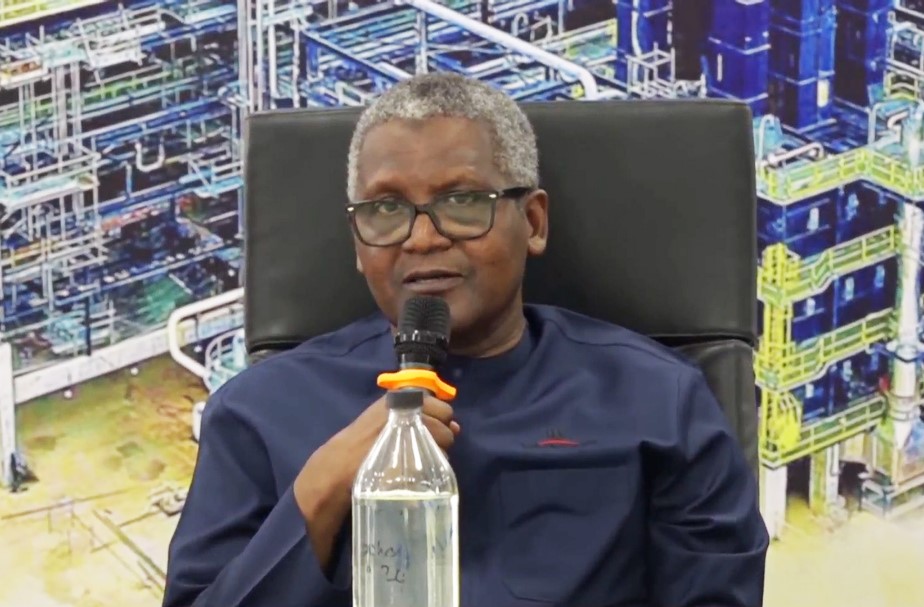In Nigeria, Dangote Petroleum Refinery has warned Pinnacle Oil and Gas Limited and other oil marketers that the country’s national interests should not be undermined by substandard imported petroleum products because of the deregulation of the downstream oil industry.
In reaction to comments made by Pinnacle Oil and Gas Limited’s CEO, Robert Dickerman, regarding the importation and mixing of petroleum products, which the Pinnacle boss placed within the framework of a “deregulated commodity market,” the refinery issued this statement on Tuesday.
The company was confronted by the Dangote refinery on Sunday for establishing a blending unit near its Lagos facility to offer Nigerians inferior petroleum products.
Dickerman, the company’s CEO, denied the allegation. Still, the Dangote refinery said that his defence of a deregulated market could not mask the grave consequences of his actions, which it said endangered the welfare of Nigerians and the integrity of the country’s energy sector.
Dangote reiterated its support for industrialisation and deregulation but underlined that this support is based on a dedication to the nation’s economic sustainability and the defence of its citizens against exploitation. The refinery reaffirmed that the pursuit of profit should never come at the expense of Nigerians’ health and safety.
“The Dangote Petroleum Refinery and Petrochemicals Company has long been an advocate for deregulation and industrialisation in Nigeria, but our support is rooted in a commitment to the sustainable growth of the country’s economy and the protection of its people from any exploitation.
“Unlike Dickerman’s view, deregulation should not be a licence for the importation and distribution of off-spec products or the subversion of national interests,” it said.
The business added that Dickerman should be well aware of how his nation safeguards its industry as he is an American.
To emphasise the argument, it cited several recent American examples. As an illustration of protectionism that puts the interests of the country’s economy before of immediate financial gain, US President Joe Biden recently rejected the sale of US Steel to Japan’s Nippon Steel, emphasising the value of preserving robust American steel businesses backed by American workers.
According to the refinery, the US has also taken steps to limit the use of cranes manufactured in China in its ports, citing national security concerns.
To further show its commitment to defending home industries, the US has now placed a 50% levy on medical equipment imported from China and a 100% tariff on electric vehicles.
Concerns about national security and the need for economic self-sufficiency have also prompted the United States to step up efforts to increase its manufacturing of computer chips and medical supplies.


 Metro1 day ago
Metro1 day ago
 Sports1 day ago
Sports1 day ago
 Culture1 day ago
Culture1 day ago
 Politics1 day ago
Politics1 day ago



























